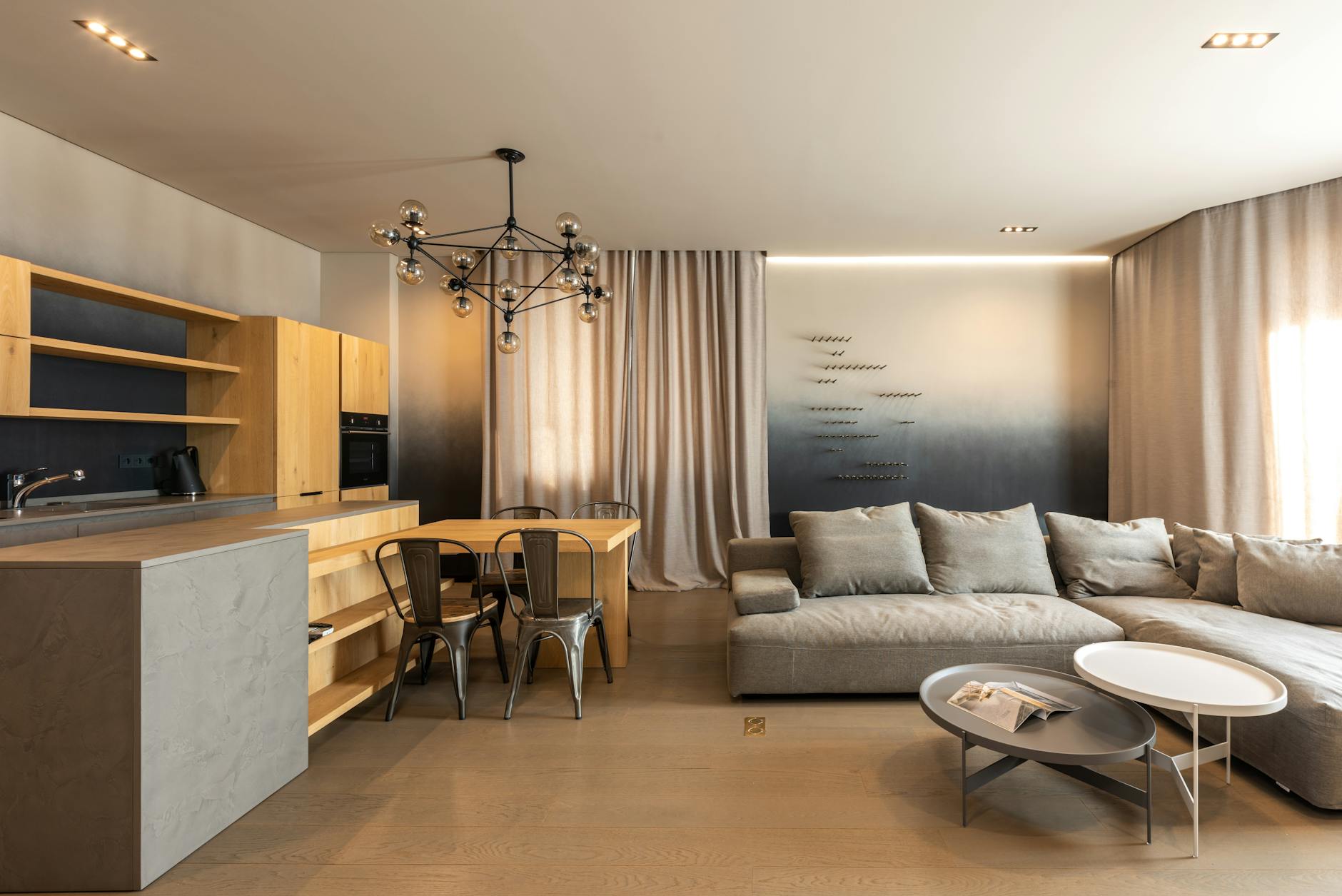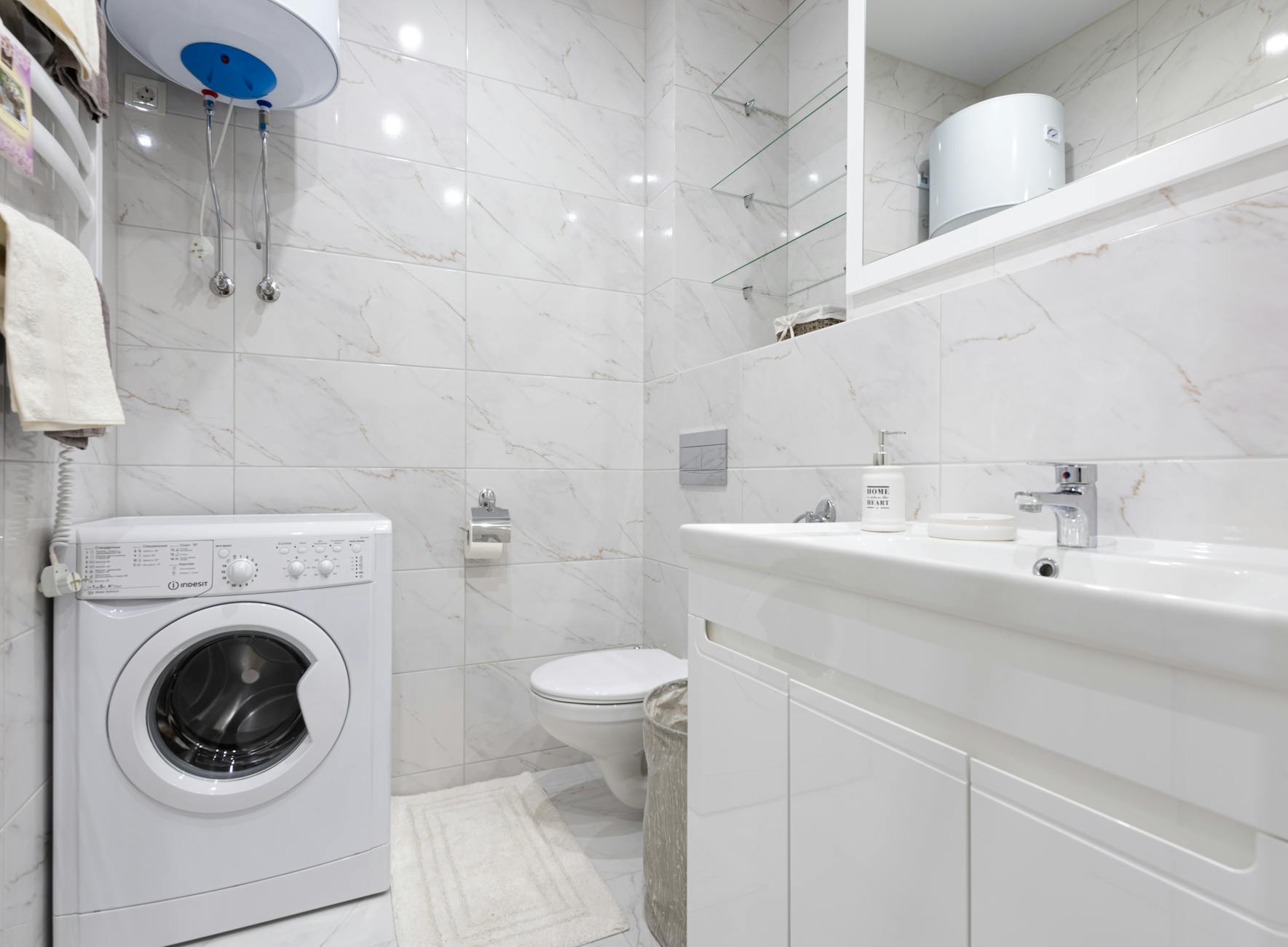How to Embrace Sustainable Water Solutions in Australia

Sustainable Water Management
Sustainable water management is integral to our environmental landscape, much like a visit to Sydney's Royal Botanic Garden, where nature’s intricate balance is evident. To professionals committed to eco-stewardship, integrating efficient water systems into daily living is paramount. One such innovation increasingly gaining traction among environmentally conscious individuals is the zip tap. This impressive technology can dramatically reduce water wastage by delivering boiling, chilled, or sparkling water on demand, thus eliminating the need for bottled water or inefficient kettle-boiling.
Let's examine how integrating technologies like zip taps and other advanced water-saving measures can lead to a significant reduction in resource consumption. Zip taps not only serve practical purposes but also reflect a deeper commitment to sustainability. Their design and functionality align well with the environmentally friendly ethos shared by advocates for change. They blend seamlessly into residential and commercial settings, optimising water use and minimising waste without compromising convenience.
Adopting such technologies is only a part of comprehensive water management strategies. When exploring solutions, it's essential to consider rainwater harvesting systems that capture and repurpose natural precipitation, and greywater recycling systems that treat and reuse water from sinks and showers. These systems collectively contribute to a reduced environmental impact, echoing the ethos championed by initiatives at Barangaroo Reserve. This shared commitment to sustainable practices empowers us to advance towards a greener future.
Overcoming Common Barriers
Tackling Adoption Hurdles
Incorporating sustainable practices is often fraught with resistance, yet overcoming these barriers is crucial for fostering widespread acceptance. Many businesses hesitate to adopt sustainable technologies due to perceived high costs and a lack of understanding of long-term benefits. Regular workshops, drawing inspiration from the eco-educational tours at the Royal Botanic Garden Sydney, can demystify the process and show how integrating eco-friendly solutions can reduce water usage and operational expenses in the long run.
Identifying and Avoiding Greenwashing
Another significant challenge is the prevalence of misleading claims about sustainability, known as greenwashing. It’s essential to critically assess the authenticity of products and services that allege environmental benefits. Researching robust case studies and learning from experiential sites like the sustainable exhibits at the Australian Museum can assist in evaluating the real impact of these solutions. Opt for third-party certifications ensuring legitimacy and true environmental contributions, as these add credibility to your efforts.
Navigating Complex Regulations
The myriad regulations can often feel daunting. Familiarising oneself with local legislation, particularly the initiatives at Barangaroo Reserve that highlight environmental compliance, can simplify this complexity. Engage with environmental law experts or attend policy workshops to ensure adherence to all statutory requirements. Establishing a task force within your organisation to keep abreast of changing regulations may also streamline integration processes.
By tackling these challenges head-on, we can drive real and meaningful progress towards water sustainability and environmental responsibility.


